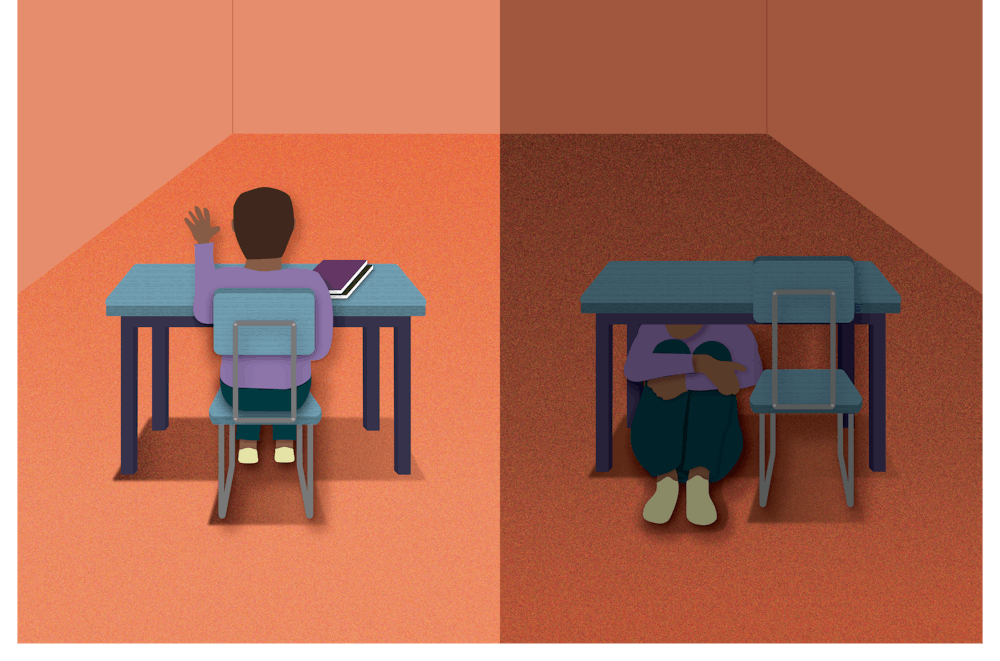This article is part of the Mental Health Collaborative, a project completed by nine North Carolina college newsrooms to cover mental health issues in their communities. To read more stories about mental health, explore the interactive project developed specifically for this collaborative.
UNC junior Mary McKenzie said she rarely sits on the first floor of the Student Union. That’s where she was during the Sept. 13 lockdown after a person threatened an Alpine Bagel Cafe employee with a gun.
“When I see something out of the ordinary, my first thought always goes to, ‘Something's going on again,’” she said. “And then I'm waiting for an alarm or an alert.”
Joe Friedman, a clinical psychology graduate student, is researching the long-term effects on campus mental health from the two incidents of gun violence early in the fall semester.
The ongoing research study will track the survey responses of students, faculty and staff throughout the academic year, following the shooting on Aug. 28 and the Sept. 13 lockdown.
Of the five scheduled surveys, the first was sent out six weeks after Aug. 28 and received 287 responses, Friedman said. Although the number of responses dropped in the following surveys, he said survey respondents were largely sourced through email listservs. The last survey will be sent out in March.
“The purpose of the study is for us to learn why certain people are having a more challenging time coping with stressful or traumatic events such as this, and also how we can better help people who have been most affected during this,” Friedman said.
Friedman said the first survey found that one in five respondents reported clinically significant symptoms of post-traumatic stress. That number jumped to one in four among students.




